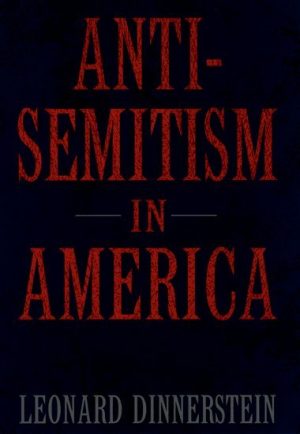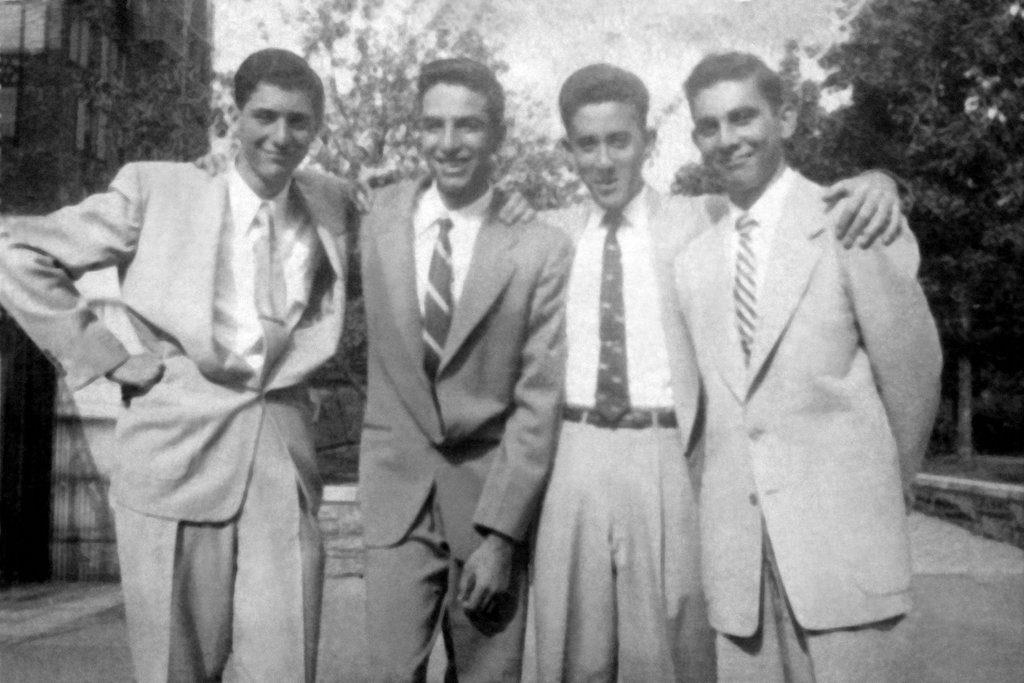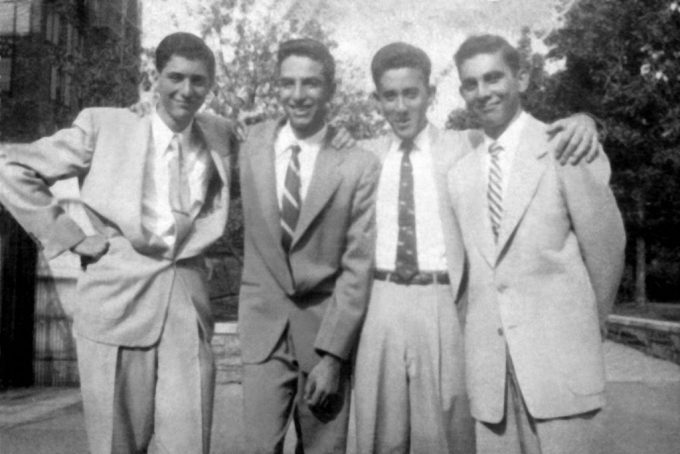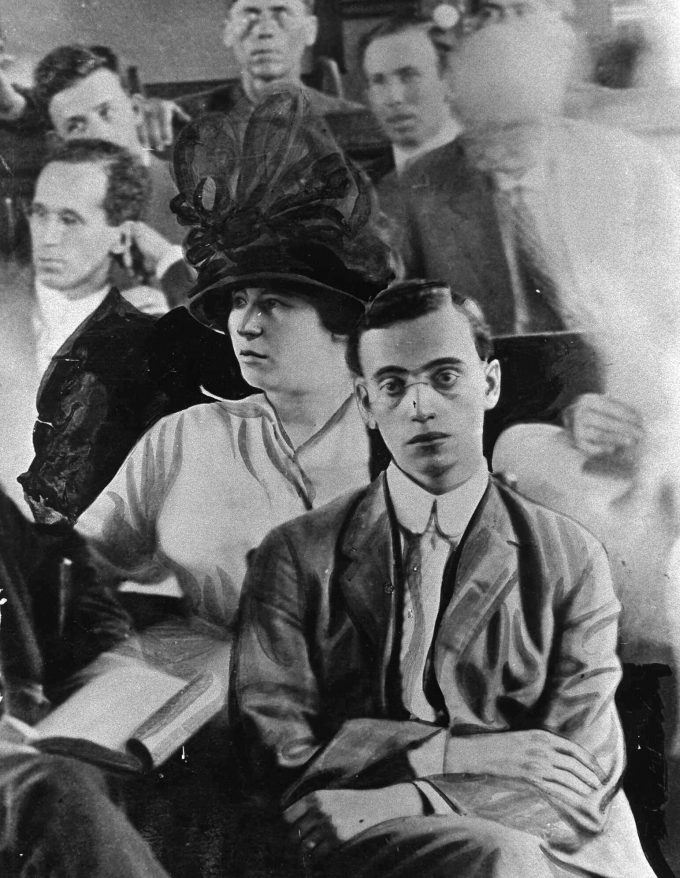Leonard Dinnerstein, a historian whose doctoral dissertation on the 1915 lynching of Leo Frank, a Jewish factory manager, in Atlanta heralded his career as one of the nation’s foremost scholars of anti-Semitism, died on Jan. 22 at his home in Tucson. He was 84.
The cause was complications of kidney failure, his daughter, Julie Dinnerstein, said. He had spent most of his academic career at the University of Arizona in Tucson.
Professor Dinnerstein was a young scholar who had completed postgraduate course work at Columbia University in 1963 and was gravitating toward a thesis topic on political history when his wife proposed a more contemporary subject, like civil rights.
His adviser approved, he recalled, and as he was leaving the building following their meeting an acquaintance reminded him that “the Jews were involved in civil rights before it became a Negro issue,” he would later write. Another friend suggested that the topic be narrowed further to Leo Frank.
“My response was, ‘Who’s Leo Frank?’ ” Professor Dinnerstein recounted.
He went on to research and write about Frank, who ran a pencil factory and was sentenced to death for the strangling in 1913 of Mary Phagan, a 13-year-old employee. After the governor commuted the sentence to life imprisonment, a mob kidnapped Frank and hanged him.
No one was prosecuted for the lynching. As a result, and because the state had failed to protect Frank so that he could pursue legal appeals, he was posthumously pardoned in 1986 by the Georgia Board of Pardons and Paroles, although not officially absolved of the crime itself.
Professor Dinnerstein’s thesis was published in 1968 by Columbia University Press, titled simply “The Leo Frank Case.” It has never been out of print.
“The book launched my professional academic career in 1968,” he wrote in the preface to a 2008 revised edition, which added an up-to-date perspective to the original exploration of what Professor Dinnerstein described as “the ambivalence that Southerners felt toward Jews” and “the poor judgments that some Jews made when trying to defend Frank.”
Leo Frank on trial in 1913 for the murder of Mary Phagan in Atlanta. Mr. Dinnerstein wrote a book about the case and Frank’s subsequent lynching.
“Atlanta Journal Constitution/Associated Press”
The case divided people both by class as well as religion.
After the verdict, based on evidence that some viewed as questionable, prominent Jews across the country — including Louis Marshall of the American Jewish Committee; Albert Lasker, the advertising executive; and Adolph Ochs, the publisher of The New York Times — weighed in on Frank’s behalf.
 Professor Dinnerstein’s 1994 book has been regarded as the definitive one on American anti-Semitism.
Professor Dinnerstein’s 1994 book has been regarded as the definitive one on American anti-Semitism.
“There are still people who sincerely believe that Frank was guilty of the crime for which he was convicted,” Professor Dinnerstein wrote. “I have no doubts: Frank was innocent.”
In perhaps his most authoritative work, “Anti-Semitism in America” (1994), he argued that age-old European prejudice against Jews was instilled in the New World by the earliest settlers, reinforced by successive waves of Protestant and Roman Catholic immigrants and ingrained as “an irrevocable part of the American heritage.”
The book has been regarded as the definitive examination of American anti-Semitism and was cited in 2017 by the House Judiciary Committee in a hearing on anti-Semitism on college campuses.
Anti-Semitism peaked in the late 1930s and early ′40s, when, Professor Dinnerstein wrote, Americans were unnerved by the Depression and anxious about another war in Europe. Some, he said, felt trapped between what they imagined was a global cabal of Jewish bankers and an influx of subversive Jewish refugees.
In his book, Professor Dinnerstein quoted one demagogue warning of “200,000 Communist Jews at the Mexican border waiting to get into this country,” a horde that not only threatened democracy but, if admitted, would also “rape every woman and child that is left unprotected.”
But Professor Dinnerstein concluded that relations between Jews and gentiles had improved over time.
“Not only did Pope John XXIII inaugurate a new emphasis on interfaith dialogue, but the Second Vatican Council specifically ‘exonerated’ Jews for Christ’s death,” he wrote, referring to reforms by the Roman Catholic Church in the mid-1960s.



